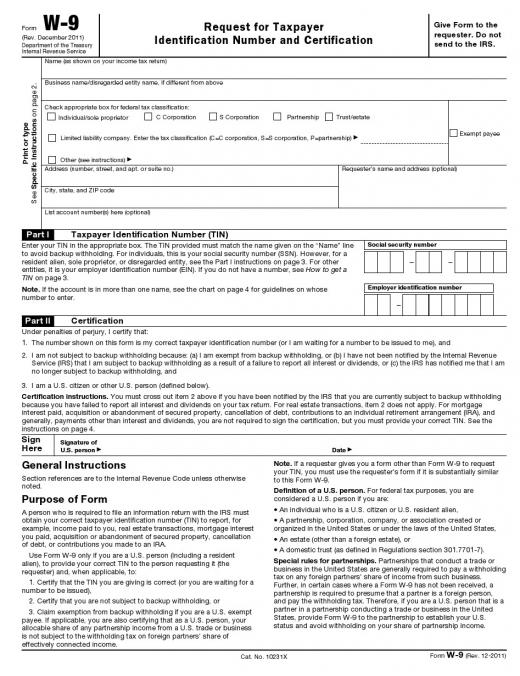Quarterly estimated taxes are essentially payments made to a regional tax authority four times per year. Typically, a person or employer sends quarterly estimated taxes to the tax authority to avoid a penalty for making late or underpayments. The person responsible for paying quarterly estimated taxes is usually self-employed as an independent contractor or a sole proprietor of a business. It is typically that person’s sole responsibility for paying taxes. Employers may withhold a percentage of the tax obligation and make estimated payments on behalf of employees, however.
Generally, individuals pay estimated taxes from various types of income sources. Paying taxes is the full obligation of a person who receives compensation for work as a self-employed individual. The quarterly estimated taxes are also paid from interest and dividends paid from investments. A person who owns property and collects rental payments may also have to report the payments as income and pay taxes.

Most employers withhold the estimated tax obligations of employees before issuing a paycheck. Employees may complete a tax form that includes filing status, dependents, and other details used to determine tax obligations. In some cases, employees may also pay estimated taxes to cover the possibility of the employer not withholding enough.
Because income for the self-employed may fluctuate, the total amount of tax obligations for the year may change. The person has to pay quarterly estimated taxes based on projected annual income to avoid a penalty for not paying enough taxes. Usually, the person calculates the income earned during the three months of each quarter based on a percentage established by the tax authority.

The calculation for determining quarterly estimated taxes may include filing categories and tax brackets based on annual income levels. The category and tax bracket may differ depending on the tax laws in the respective country. In general, the categories may include income projection for the current year and tax payments for the previous year.
The quarterly tax payments are typically for social programs funded by the local government. The programs funded may vary among countries. In the U.S., these taxes may go towards retirement payments known as social security, the Medicare health insurance program, and federal income tax payments.
The system for paying quarterly estimated taxes may also vary among countries. In some countries, various forms applicable to a person’s filing status are completed and mailed to the tax authority with payment. With other countries, a person can use an online system to report income and make quarterly payments based on the tax schedule.
Some countries may provide the option to file online or by mail — whichever is convenient for the taxpayer — according to payment schedules. The tax authority may schedule due dates that a person must adhere to when making payments. Penalties may apply for missed or late payments received after those dates.
